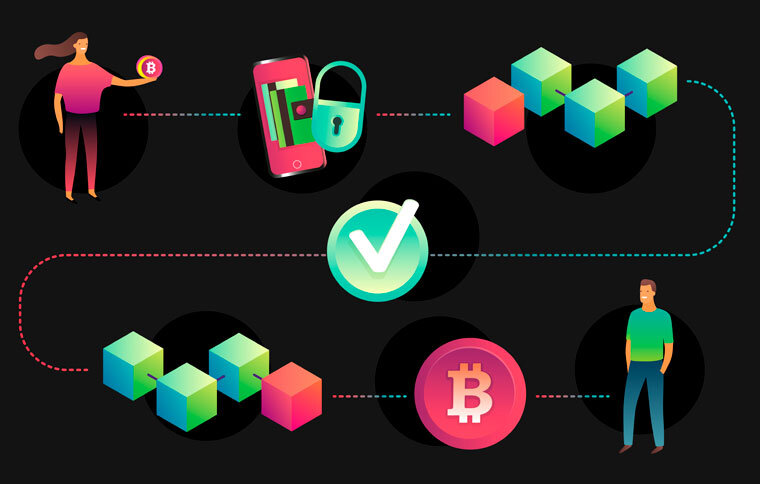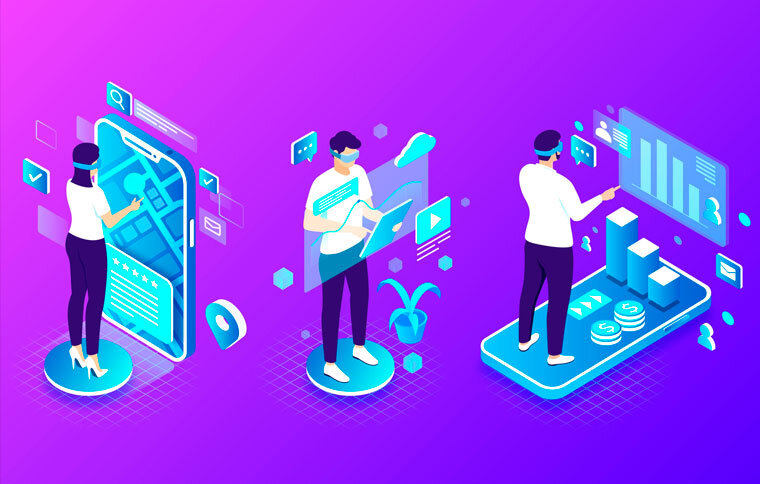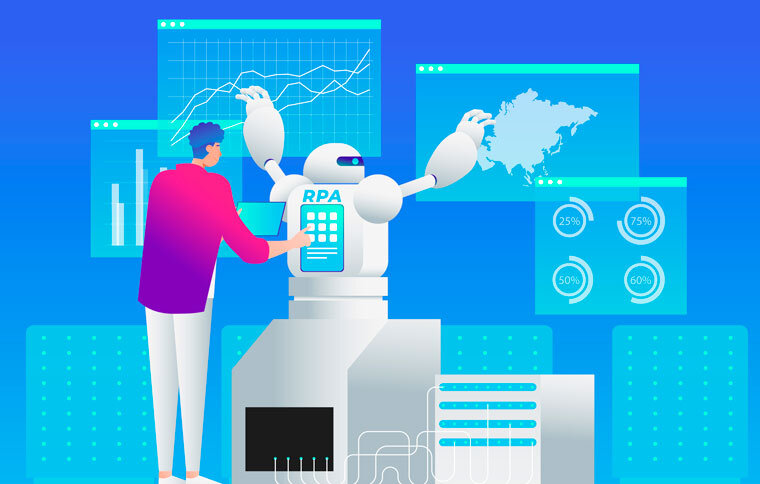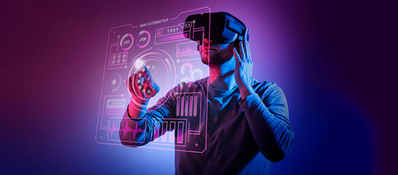Technology in Lottery Gaming: Innovations Transforming the Industry
The intersection of technology and lottery gaming has sparked a revolution of sorts, one that promises to inject fairness, excitement, and personalization into every ticket purchased.
AuThe fusion of technology with lottery gaming is much like the merging of two powerful rivers, each enhancing the flow of the other. As digital innovation accelerates, its ripples are felt across the industry, leading to profound changes in how games are designed, played, and managed. From the instant gratification of online ticket purchases to the complex algorithms ensuring secure transactions, technology is at the very heart of this transformation.
It's not just about convenience; it's about reinventing the entire ecosystem. With the advent of new tech, players now have more information at their fingertips, operators can run games with greater efficiency, and the entire sector can enjoy levels of security and trust that were once unimaginable. The impact is clear: technology is turning the lottery from a game of chance into an experience of choice.
Blockchain: Redefining Trust and Transparency
Fraudulent activities and scams have long been concerns in the lottery industry. Blockchain comes to the rescue here by offering a level of encryption and validation previously unseen. Each transaction, or in the case of lottery gaming, each ticket purchased, is encoded into the blockchain, timestamped, and protected by a complex algorithm. This makes tampering with a lottery ticket or draw virtually impossible without detection.
At its core, blockchain is a digital ledger of transactions that is duplicated and distributed across an entire network of computer systems. Each block in the chain contains several transactions, and every time a new transaction occurs, a record of that transaction is added to every participant's ledger. What does this mean for lottery gaming? It means that from the moment you purchase your ticket, the process is recorded on a blockchain, creating a permanent, unalterable record. This level of transparency ensures that no foul play can occur, safeguarding the fairness of the draw.

Augmented Reality: Immersive Player Experience
Augmented reality takes the excitement of lottery games and amplifies it by adding a digital dimension. Picture scratch-off tickets that come to life with animations when viewed through a smartphone camera, or jackpot drawings that unfold in 3D right before your eyes. These aren't just gimmicks; they represent a significant leap in how players interact with lottery games. By incorporating AR, lotteries can offer an engagement level that goes beyond the traditional draw. Players become part of an interactive story that enhances the anticipation and joy of potentially winning big.
Examples of AR in Lottery Gaming
AR-Enabled Scratch Tickets: Some lotteries have introduced scratch tickets that reveal entertaining animations or additional games when scanned with an AR app. This extra layer of interactivity not only makes the game more enjoyable but also encourages repeat play and increases brand loyalty.
Interactive Lottery Draws: Imagine watching a live lottery draw where the numbers pop out in 3D space around you. AR can make this possible, providing a visual spectacle that can attract more viewers and create a memorable experience.
Locative Lottery Games: AR can tie lottery gameplay to real-world locations, encouraging players to visit certain places to unlock special features or participate in location-based draws. This gamification of the lottery experience can lead to heightened player engagement and generate buzz for new launches or promotions.
AR applications in lottery gaming do more than just entertain; they offer a new way to experience the thrill of chance. While the essence of lottery games remains unchanged—the allure of a life-changing win—AR gives players novel ways to interact with the game, making every ticket purchase a doorway to an extraordinary experience.

Artificial Intelligence: Personalization and Predictive Analysis
No, it's not about predicting lottery results. AI's true prowess manifests in its ability to offer a detailed analysis of customer trends. AI is adept at sifting through data to understand player behavior and preferences, which can be a game-changer for marketing strategies and player engagement in the lottery industry.
Each time someone plays a lottery game, they generate data points. These might include the frequency of play, the types of games preferred, spending patterns, and even the times players are most active. AI excels at crunching this vast array of data to discern patterns that might not be obvious to the human eye. By analyzing these trends, lottery operators can tailor their marketing efforts to better suit individual players. For instance, if you often play instant-win games, AI might suggest similar games you haven't tried yet, or if you play on Fridays, you might receive special Friday promotions.
Predictive Analysis Limitations
However, it's important to clarify that AI's predictive capabilities have limitations, especially when it comes to something as random as lottery numbers. The outcome of lotteries is governed by chance, and no AI can predict random draws with certainty. While some might dream of using AI to select winning numbers, the reality is that AI's strength lies not in fortune-telling but in providing actionable insights based on player behaviors and operational trends within the lottery industry.
Operational Efficiency
Beyond marketing and personalization, AI also contributes to improving operational efficiency. It can help optimize game design, manage inventories of physical tickets, and even detect and prevent fraud. Operators can use AI to analyze sales data, streamline distribution, and ensure that games are delivered to the right places at the right times. Furthermore, AI systems can monitor transactions for unusual patterns that might indicate fraudulent activity, providing an additional layer of security to the integrity of lottery games.

The Future of Lottery Gaming
We're on the cusp of such a reality, where blockchain, augmented reality (AR), and artificial intelligence (AI) continue to mature and intersect with the simple joy of gaming. These are not distant dreams but tangible futures that could redefine the way we play, secure our bets, and enjoy the lottery experience. Players can look forward to games that are more engaging, interactive, and tailored to their preferences, while operators will benefit from improved security measures, insightful analytics, and sophisticated business operations.
As we conclude, it's clear that the fusion of technology and lottery gaming is poised to deliver a new era of entertainment and efficiency. While the core thrill of the lottery—its unpredictability and dreams of fortune—remains unchanged, the way we engage with it is set to transform spectacularly. For players and operators alike, the future holds a promise of connected, personalized, and engaging experiences, underpinned by a foundation of rock-solid security and intelligent business practices. This is a future worth betting on.


